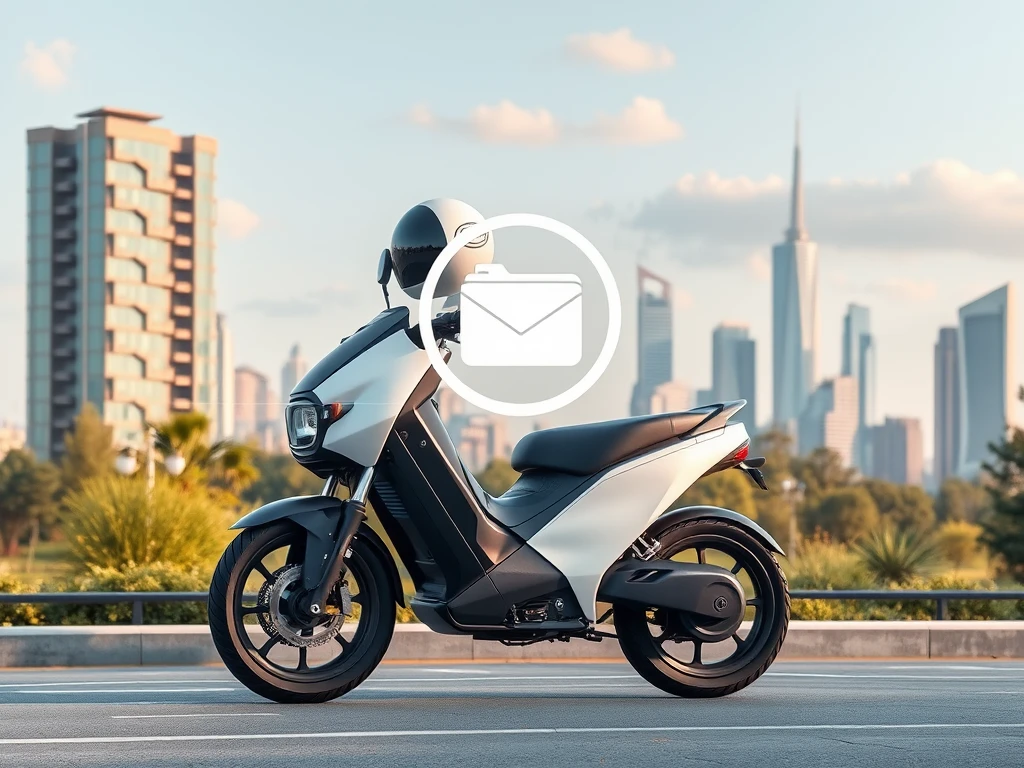Revolutionary Machine Economy: Bots With Wallets Are Earning and Spending

Imagine ordering food, but instead of a human driver, an autonomous robot arrives. This isn’t just a delivery service; it’s your first encounter with the burgeoning machine economy. These aren’t passive tools anymore; they are economic participants with their own digital wallets, capable of transacting in real time. Welcome to a future where bots don’t just work for us; they work alongside us, and sometimes, they work for themselves.
Bots With Wallets: The New Economic Actors
The concept of bots with wallets marks a significant evolution. For years, we’ve seen algorithms automate tasks, from stock trading to content curation. Now, giving these autonomous entities financial capability through digital wallets transforms them from simple tools into genuine economic agents.
Enabled by decentralized finance (DeFi), smart contracts, and machine-readable APIs, these wallets grant machines unprecedented autonomy:
- Negotiation: Bots can agree on terms for services, like negotiating the price for a battery charge or access to data.
- Earning: They can earn income by providing services, whether it’s package delivery, data collection, or infrastructure maintenance.
- Spending: Machines can pay for their operational needs, such as energy, repairs, software updates, or even tolls on private digital infrastructure.
This shift fundamentally changes the role of machines in society, elevating them to participants in economic exchange.
The Rise of Synthetic Labor
Historically, labor was defined by human effort. We are now witnessing the emergence of synthetic labor, where robots and AI agents perform tasks and generate revenue onchain. This revenue could potentially fund their own operations and even development.
Consider these examples of autonomous agents at work:
- A delivery bot selecting routes based on profitability and market demand.
- A drone dynamically adjusting its service price during an emergency.
- An AI legal agent bidding on micro-contracts for specific tasks.
These agents are built for efficiency and operate without traditional human constraints like sick days. This changes our understanding of labor, value creation, and the very definition of ‘work’. As experts note, we are entering an era where machines are not just assets but active participants in markets, capable of independent economic activity.
Autonomous Agents and the Machine Economy’s Impact
The integration of autonomous agents into the economy raises complex questions. If a delivery robot earns money, who is entitled to that income? The manufacturing company? A decentralized autonomous organization (DAO)? The user who benefits from the service? Or perhaps the entity itself?
Furthermore, as bots become more efficient and capable of transacting faster than humans, concerns about job displacement become more pressing. The machine economy promises efficiency but could potentially marginalize human roles in traditional value chains.
Addressing these challenges requires new models of ownership and interaction:
- Could citizens hold stakes in local autonomous service networks?
- Should delivery bots contribute to local taxes?
- Could users receive tokens for interacting with the machine economy?
Granting financial autonomy to AI creates a new class of economic actors that will drive value but also introduce novel challenges related to alignment and control.
DeFi and the Hidden Costs of Convenience
The vision of an autonomous machine economy, powered by DeFi for seamless transactions, is appealing. It suggests a future free from middlemen and inefficiencies, a blend of automated services and decentralized finance. But what are the potential downsides?
Consider a future where autonomous agents outnumber gig workers or form DAOs that collectively own and manage infrastructure. What happens when your delivery drone increases its fee during peak hours, not out of malice, but because its programming dictates profit maximization?
Machines paying tolls, collaborating, and transacting represent a fundamental shift in market logic. In this emerging economy, code functions as labor, digital wallets represent autonomy, and data is a form of currency. For this system to be beneficial, these bots require constraints and accountability beyond mere protocol. A legal and ethical framework is essential.
If we don’t establish clear boundaries now, the next autonomous agent arriving at your doorstep might not just be there to deliver your order; it could be a sophisticated economic entity operating with its own financial agenda. And with its integrated wallet, it’s already equipped for complex transactions.
Conclusion: Navigating the Future of Bots With Wallets
The arrival of the machine economy and financially autonomous bots with wallets is transforming our world. This shift, driven by advancements in AI, robotics, and DeFi, introduces synthetic labor as a new economic force. While promising incredible efficiency and innovation, it also presents profound challenges regarding ownership, labor displacement, and accountability. As these autonomous agents become more integrated into our lives, understanding their capabilities and establishing clear guidelines will be crucial to harnessing their potential responsibly and ensuring a future where humans and machines can coexist and thrive economically.










